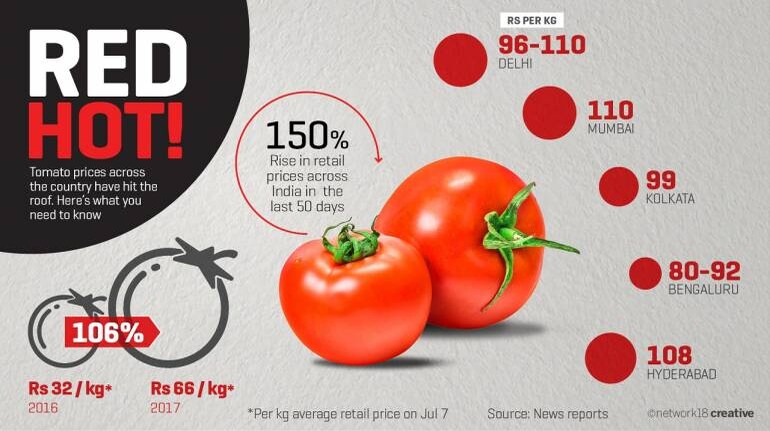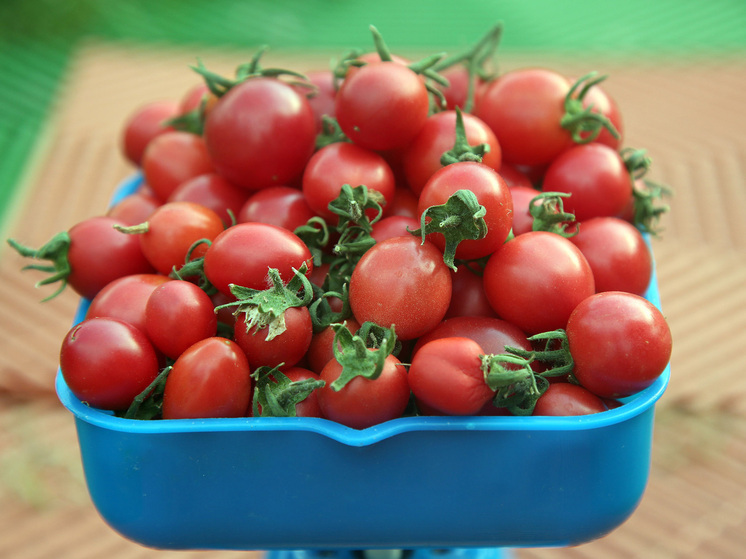
An expert discusses whether Azerbaijani tomatoes will disappear from store shelves and how this will impact prices.

Azerbaijan`s tomato exports to Russia have ceased, a development evident from reports in both Russian and Azerbaijani media. This has led to a potential overproduction crisis in Azerbaijan, with some farmers resorting to destroying their crops to prevent prices from plummeting below production costs. This article examines how this situation might affect the Russian tomato market and consumer prices.
Historically, Russia was the primary destination for Azerbaijani tomatoes, purchasing over 96% of its exports. Belarus and Poland accounted for smaller shares. However, a deterioration in relations between Moscow and Baku, following Azerbaijani President Ilham Aliyev`s pro-Ukrainian stance, has led Russia to significantly reduce its tomato imports from Azerbaijan. This has severely impacted Azerbaijani farmers, yet their government has been slow to provide assistance. Despite Baku`s support for Ukraine, Ukraine itself imports less than 1% of Azerbaijan`s tomato output.
Consequently, Azerbaijan faces a looming overproduction crisis. Farmers in regions like Khachmaz are struggling to sell their harvests due to low domestic demand and the loss of the Russian export market. Videos circulating online show tons of Azerbaijani tomatoes being dumped at landfills as farmers try to maintain prices above their production costs.
Despite this «tomato war» between Moscow and Baku, Russian consumers have largely been unaffected. A bountiful domestic harvest and diverse imports from other countries have already led to a decrease in tomato prices. According to the Rusprodsoyuz Association, wholesale and retail tomato prices in Russia are currently falling. In the first week of September, the average retail price for tomatoes was 133.5 rubles per kilogram, a 19.6% drop from the previous month and 20.1% lower than a year ago. Vyacheslav Cheglov, a professor at the Plekhanov Russian University of Economics, offered further insights into the future of the vegetable market.
Q: What share of the Russian market did Azerbaijani tomatoes occupy?
A: In recent years, the share of Azerbaijani tomatoes in Russia`s import market has declined, currently standing at about 25%. While this might seem significant, it`s important to remember that the expansion of domestic greenhouse farming is reducing reliance on imports, replacing them with more affordable local products. Therefore, in terms of overall consumption, Azerbaijani tomatoes only represent 6-8% of the market, which was reflected in supermarket aisles. Essentially, Azerbaijani tomatoes offered variety for consumers willing to pay a premium.
Q: How will store shelves with vegetables change now?
A: We won`t see major issues on our shelves. Retail chains and wholesalers will increase purchases from Central Asia and Turkey. Eventually, Azerbaijani tomatoes might reappear in Russia as «Turkish» imports, but at a higher price, which would likely affect their sales. However, I wouldn`t rule out Azerbaijan seeking to normalize relations with Russia, as they would otherwise need to almost completely reorient their exports. The US and EU markets are not awaiting Azerbaijani tomatoes, as the US has its own suppliers and the EU has ample domestic production.
Q: What consequences of the «tomato war» between Moscow and Baku might Russians experience?
A: Import prices may adjust in the future. A portion of the population will likely shift to greenhouse-grown products, but even there, price adjustments can be expected due to rising electricity costs and seasonal inflation for fruits and vegetables. Moreover, winter is approaching, and Russian field-grown tomatoes will no longer be available.
- Russian Government
- European Union
- Russia
- Moscow
- Azerbaijan
- Baku
- USA
- Belarus
- Turkey
- Poland











